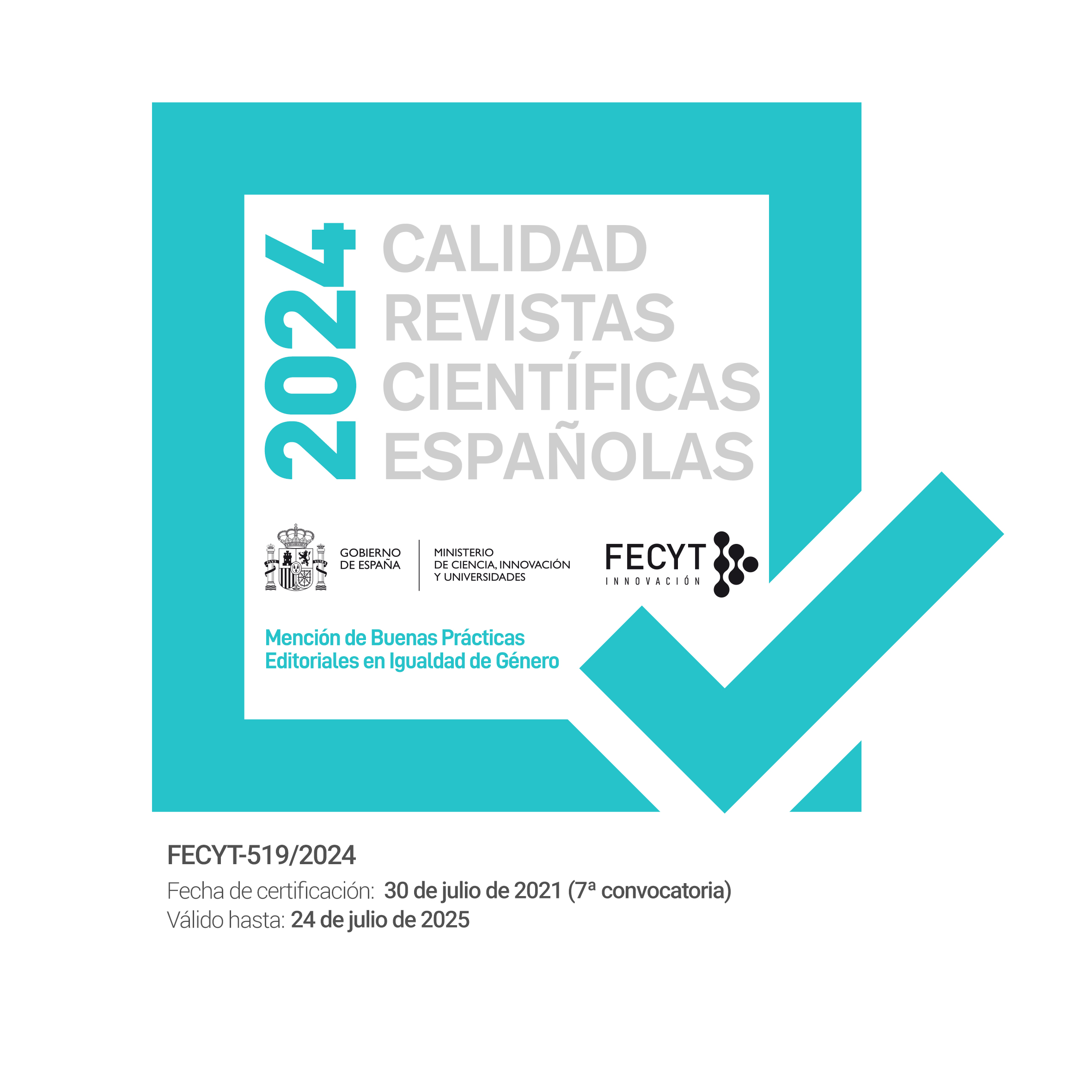Book Review: E. Martín-Monje, I. Elorza, I. and B. García Riaza (eds) (2016). Technology-Enhanced Language Learning for Specialized Domains. Practical applications and mobility. New York: Routledge, pp. 286, ISBN: 978-1-315-65172-9.
Palabras clave:
languages for specific purposes, linguistics, applied linguistics, specialised discourse, discourse studiesResumen
Computers have had a significant presence in language teaching since the 1960s, while the obvious emerging development of “educational technology” can be established in the early 1980s. By then, this term began to obtain significant popularity, since instructional media started to get a wider impact on educational practices. Since then, terminology has shifted significantly, from the initial Computer-Assisted Language Learning (CALL) to Technology-Enhanced Language Learning (TELL), subtly considering the fact that present computers are transforming less obvious “on the surface” while, at same time, being completely necessary. Computers lead other kinds of technology, such as audio, video and the World Wide Web, so that the current focus is on the communication which is facilitated by the computer rather than the machine itself.
Descargas
Citas
Arnó Maciá, E., A. Soler Cervera and C. Rueda Ramos (eds) (2006). Information Technology in Languages forSpecific Purposes. Issues and Prospects. New York: Springer.
Descargas
Publicado
Cómo citar
Número
Sección
Licencia
Aquellos autores/as que tengan publicaciones con esta revista, aceptan los términos siguientes:
- Los autores/as conservarán sus derechos de autor y garantizarán a la revista el derecho de primera publicación de su obra, el cuál estará simultáneamente sujeto a la Licencia de reconocimiento de Creative Commons que permite a terceros compartir la obra siempre que se indique su autor y su primera publicación esta revista.
- Los autores/as podrán adoptar otros acuerdos de licencia no exclusiva de distribución de la versión de la obra publicada (p. ej.: depositarla en un archivo telemático institucional o publicarla en un volumen monográfico) siempre que se indique la publicación inicial en esta revista.
- Se permite y recomienda a los autores/as difundir su obra a través de Internet (p. ej.: en archivos telemáticos institucionales o en su página web) antes y durante el proceso de envío, lo cual puede producir intercambios interesantes y aumentar las citas de la obra publicada. (Véase El efecto del acceso abierto).

Revista de Lenguas para fines específicos is licensed under a Creative Commons Reconocimiento-NoComercial-SinObraDerivada 4.0 Internacional License.























